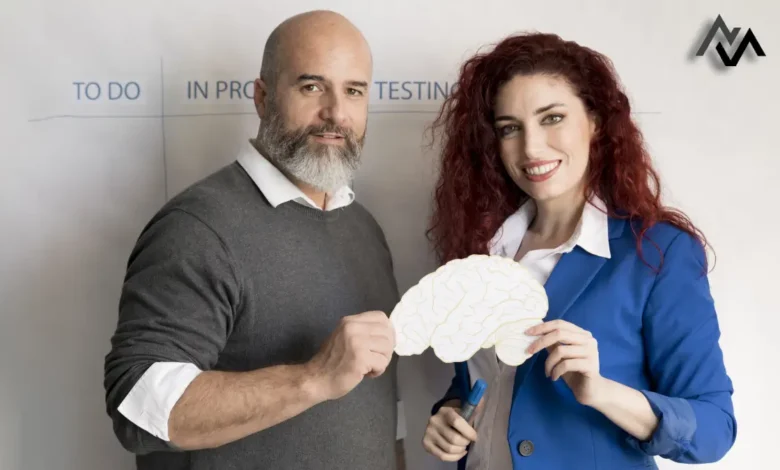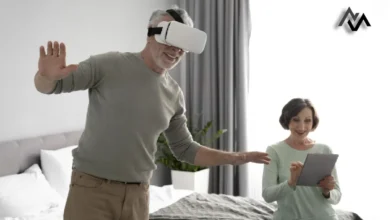The Brain’s Role in Connecting Pronouns to Memory

The human brain has an incredible ability to connect pronouns with the correct person in conversation or writing. Recent research highlights how the hippocampus, an essential part of the brain involved in memory and learning, tracks pronouns dynamically. By studying patients undergoing epilepsy treatment, researchers found that “concept cells” in the hippocampus respond to specific people or objects when we hear names, see images, or read pronouns.
For example, when patients were shown a photo of Shrek, a specific neuron would fire, even responding when the pronoun “he” referred to Shrek in a sentence. This complex process ensures the brain tracks pronouns and links them to the right individual, even in varied sentence contexts. These findings emphasize the intricate relationship between memory and language.
The hippocampus doesn’t just store memories—it actively helps in processing language by connecting words, especially pronouns, to previous information in memory. As a result, researchers observed that when sentences involved pronouns, the hippocampus helped determine who performed the action in the sentence by linking them to earlier references.
Understanding how the brain manages this task could shed light on broader memory formation mechanisms and further clarify the connection between memory and language processing. The study opens new avenues for investigating memory dynamics and brings us closer to grasping the full scope of how the human brain forms, stores, and utilizes memories in everyday communication.




